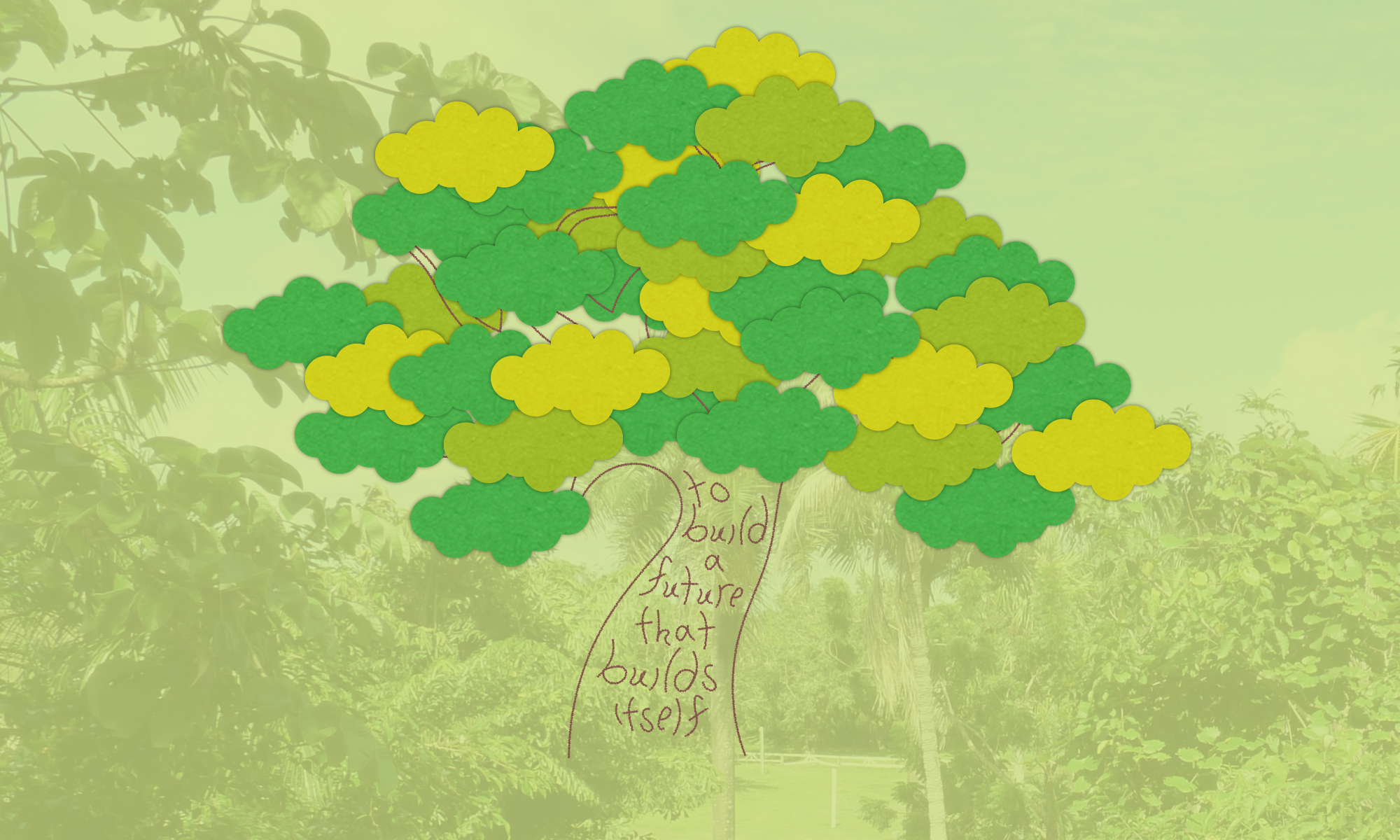Objective
Our project addresses rising demand for effective water filtration in Region 9 of Guyana, where recent drought conditions have restricted access to potable water. We propose the use of ceramic filters in this rural region. Made from a mix of sawdust and clay and enhanced with colloidal-silver doping, these filters demonstrate excellent sanitation and filtration capabilities (they can filter roughly 2 L/hour). Organizations like Potters for Peace showcase the creation of these low-cost filters on a global scale; we aim to follow their model closely as it has been refined and improved in its sustainability over the years.
Current methods of filtration and sanitization in Region 9 include boiling, cloth filters, and bleach; however, they are inconvenient and ineffective. The Global Development Network (GDN) members conducted an assessment trip this past summer of 2016, and the students discovered that locals experienced water-borne illnesses such as diarrhea and cholera. Additionally, bleaching causes vomiting among young children and boiling relies on already scarce fuel resources. The ceramic filters will thus offer substantial health benefits. During the assessment trip, students received positive feedback on the idea of ceramic filters within the village communities.
In order to assure the long term sustainability of this project, we will create infrastructure to manufacture clay filtration systems in partnership with Bryan Allicock, Minister of Region 9 and our NGO partner, ProNatura. The GDN has communicated with the NGO since January 2016 and has also formed local contacts during the assessment trip. Our goal is to create an economically sustainable business model that will create a diversified livelihood and income for the manufacturers, as well as increase access to cleaner water. This endeavor will actively involve all parts of the community, bringing together village leaders, artisans and brick-makers, health workers, and young locals.
Costs
We have several capital costs that can be addressed using the Awesome grant. To furnish our lab space, we need to regularly order in materials (e.g. clay, sawdust) and purchase and maintain machines (e.g. hydraulic press) in order to build and refine our ceramic filter prototypes. The initial investment is fairly high as a lot of the materials, machinery and transport have a high upfront cost.
